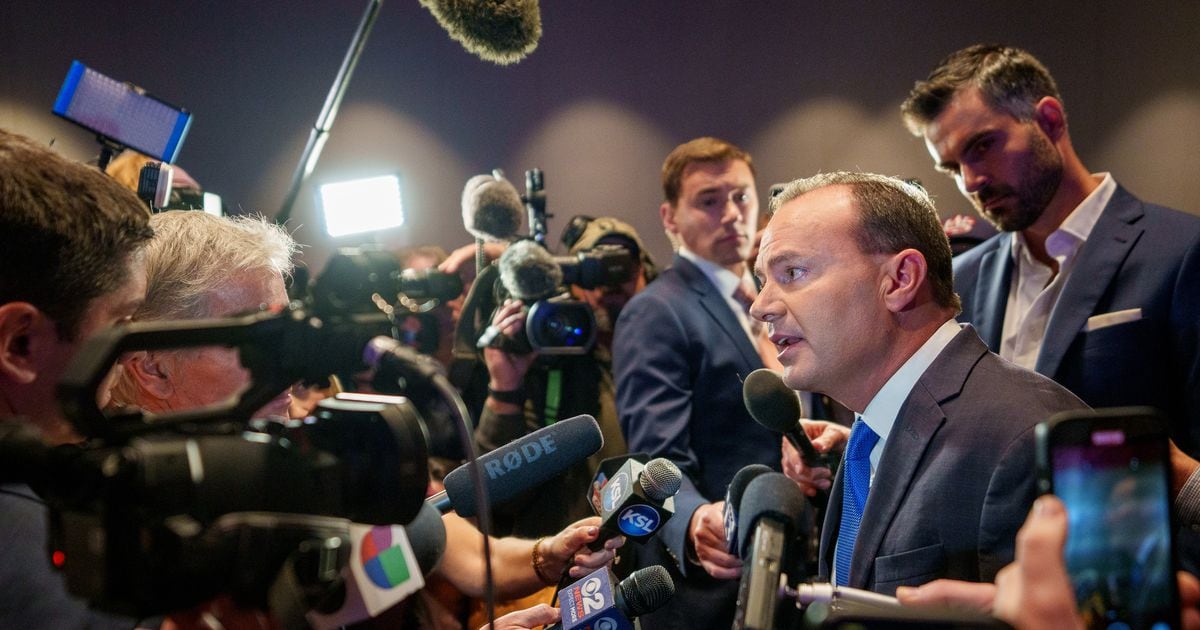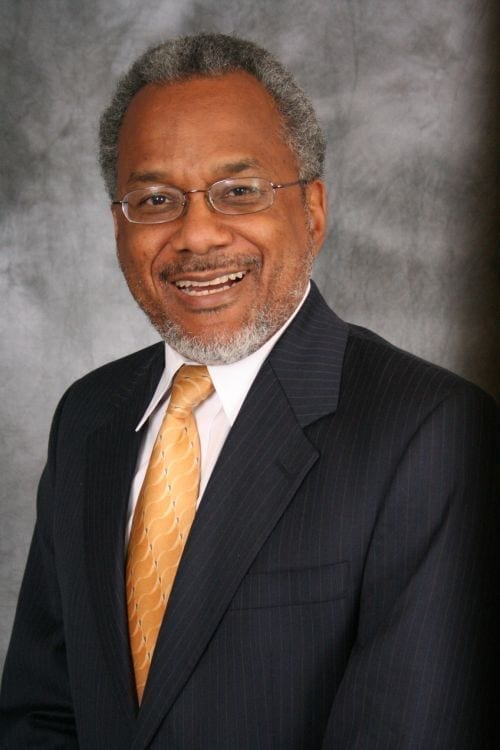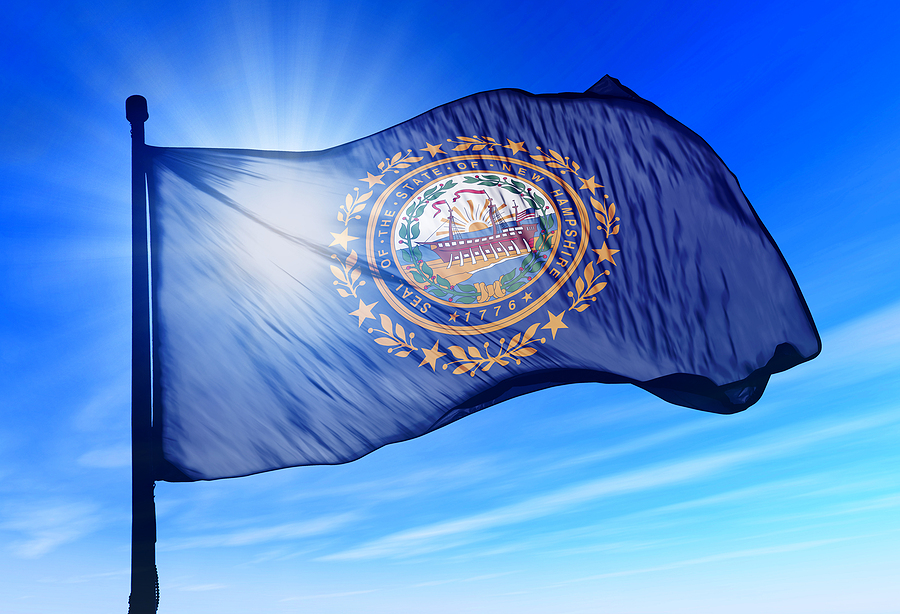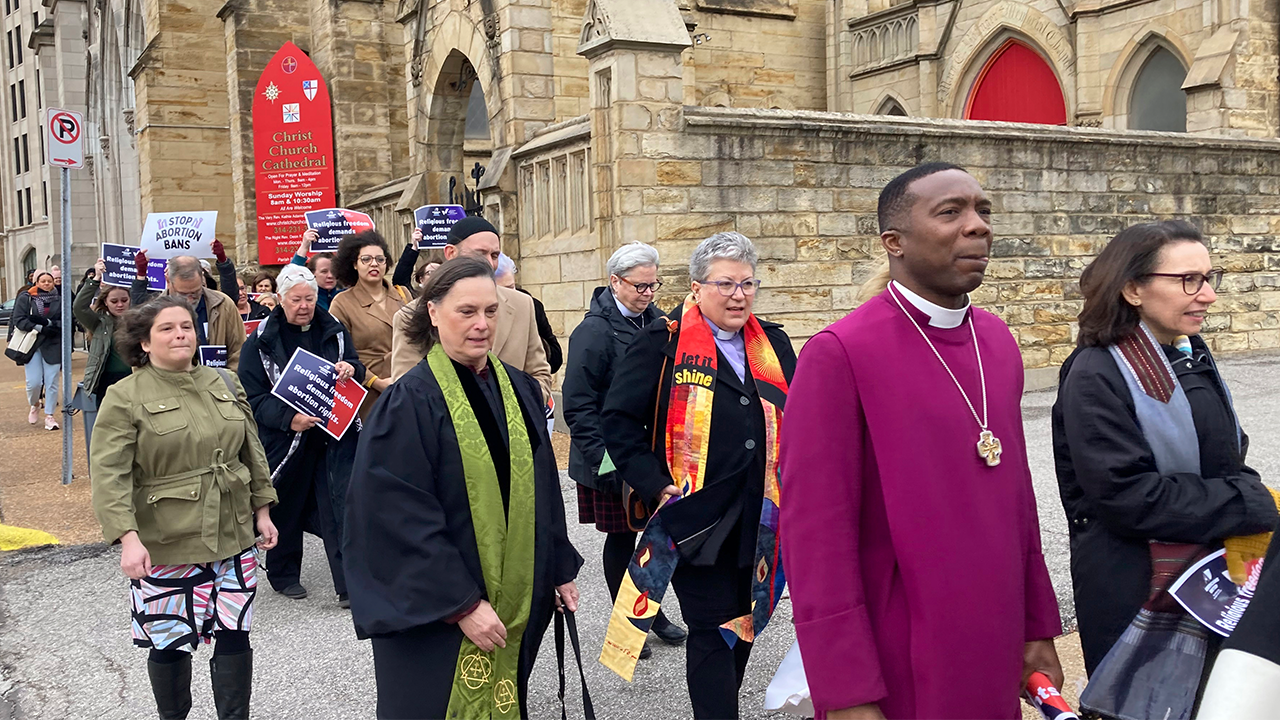Sen. Mike Lee should be commended for joining a bipartisan group of legislators to introduce the PRESS Act in the 118th Congress.
The PRESS Act is the strongest journalists’ “shield” bill ever introduced. It restricts the government from spying on journalists or forcing them to burn sources, except in serious emergencies. It protects not only mainstream media but alternative publications and freelancers, with no regard for politics, because the First Amendment isn’t only for establishment-approved viewpoints.
Lee explained that “not only is this legislation imperative to shield journalists from unnecessary government surveillance, but it is also necessary to protect the public’s right to access information, hold their elected officials accountable and actively participate in representative government.”
He’s right. News sources do not risk their careers when they fear the government will force reporters to out them. That means journalists can’t expose malfeasance, the public misses important news and voters arrive at the ballot box less informed. As Lee said, “in a world where information is power, the role of reporters as truth-seekers and watchdogs cannot be understated.”
Lee is joined by Sens. Ron Wyden and Dick Durbin. A companion bill in the House, introduced by Reps. Jamie Raskin and Kevin Kiley, unanimously passed the Judiciary Committee with broad bipartisan sponsorship. The cross-party coalition recognizes that press freedom is not a partisan issue but a fundamental American right.
But it’s a right that officials from both political parties have violated repeatedly. Democratic representatives this year publicly pressured journalists to discuss their sources. The Trump administration surveilled journalists and Trump has since threatened even worse. The Obama administration floated bogus criminal theories against reporters it spied on for doing their jobs.
And while cases involving presidential politics get the most attention, they’re far from the only instances where journalists must choose between protecting sources and prison. For every journalist jailed for not revealing sources about CIA scandals there’s one whose reporting involved, for example, steroids in baseball or local crime.
Jail aside, journalists need to weigh the legal and time costs of fighting government efforts to pry into their newsgathering. These costs can be intimidating to large outlets and downright prohibitive to upstarts and independents. Here in Utah, journalists continue to face pressure from prosecutors to provide testimony in far-flung jurisdictions or in cases to which their only tie is their carefully sourced reporting. That pressure drains journalistic resources and impedes reporting.
That’s why 49 states recognize reporter’s privileges, leaving the federal government as the outlier. Utah adopted one of the nation’s strongest reporter’s privileges in 2008. It’s vital for important reporting like The Tribune’s Pulitzer Prize-winning investigation of sexual assault at Utah colleges. And its critics at the time of its adoption would be hard-pressed to identify any harm it has caused since.
Lee joins a long line of conservatives who urged the federal government to join the states in protecting journalists. That includes everyone from Lindsey Graham to Jim Jordan to Mike Pence to Bob Goodlatte. This bill should be particularly appealing to conservatives. National security hawks should welcome its targeted exceptions for terrorism and imminent violence. Skeptics of “big tech” will be pleased that the PRESS Act prohibits government end-runs by targeting journalists’ technology providers.
Last year, the PRESS Act passed the House unanimously and received bipartisan Senate support (including from Lee) before being derailed at the last minute by a single senator’s objection. In the months since, there have been constant headlines serving as reminders of the need for the PRESS Act, ranging from congressional inquiries into journalists’ sources for reporting on the “Twitter files” to secret summonses issued to journalists by immigration authorities.
The PRESS Act is likely to again encounter some resistance. By nature of their position, elected officials are subject to criticism from the media, some of which they surely believe is unwarranted. It takes courage for officials to nonetheless defend the press’s constitutional right to criticize them.
Utahns should be proud that their officials, at both the state and federal levels, have displayed such courage. Let’s hope this is the year the PRESS Act finally becomes the law.
Seth Stern is the director of Advocacy for Freedom of the Press Foundation. He previously worked as a First Amendment lawyer and journalist.
Michael Judd is a shareholder at Parsons Behle & Latimer, where his litigation practice includes First Amendment issues.







:no_upscale()/cdn.vox-cdn.com/uploads/chorus_asset/file/25506038/2152256214.jpg)
:no_upscale()/cdn.vox-cdn.com/uploads/chorus_asset/file/25506042/2152276420.jpg)
:no_upscale()/cdn.vox-cdn.com/uploads/chorus_asset/file/25506108/1968510401.jpg)
:no_upscale()/cdn.vox-cdn.com/uploads/chorus_asset/file/25506064/2152449638.jpg)
:no_upscale()/cdn.vox-cdn.com/uploads/chorus_asset/file/25506063/2152276450.jpg)
:no_upscale()/cdn.vox-cdn.com/uploads/chorus_asset/file/25506102/2147736378.jpg)






















